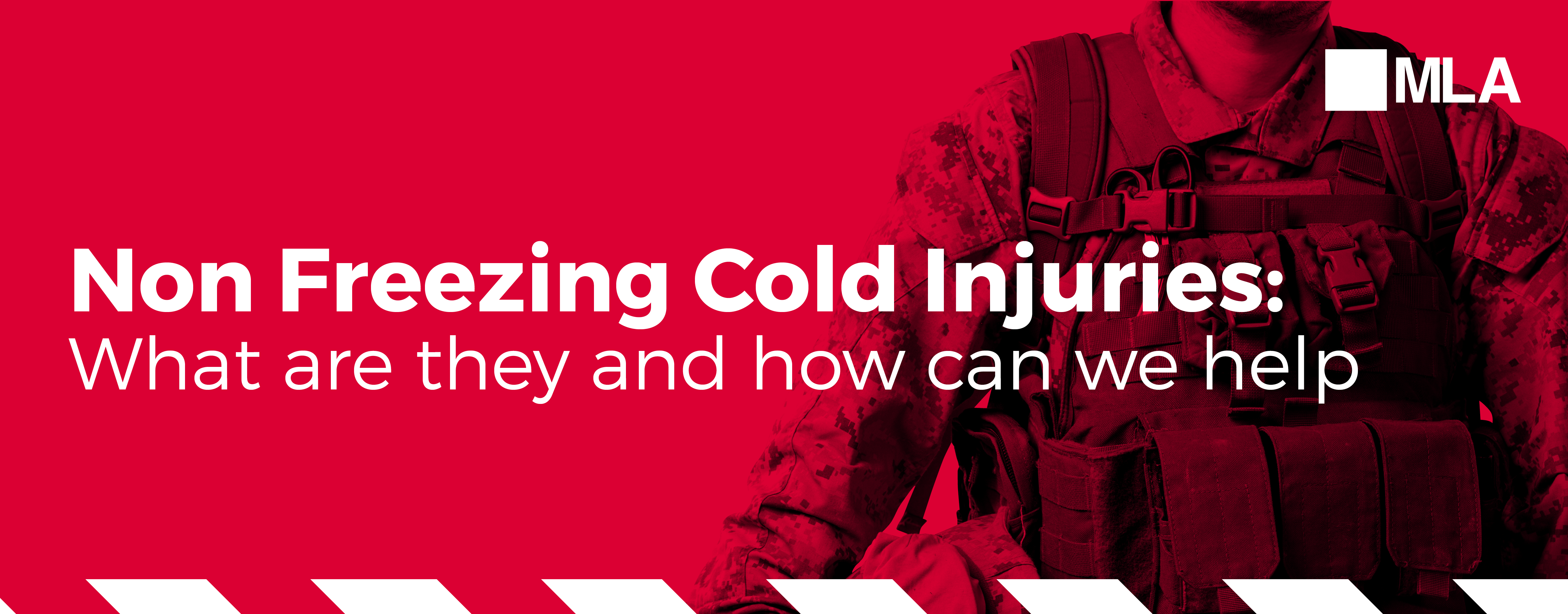Non-freezing cold injuries develop after sustained exposure to low temperatures between 0 and 15°C for several hours or days and are often combined with wet conditions.
NFCIs have historically been referred to as ‘trench foot’ or ‘immersion foot’, but they can occur in hands also. It is the most common form of military injury suffered while on military exercise in the UK.
The skin tissue does not freeze but rather cools to a level which can result in persistent sensory disturbance of the hands and feet, including numbness, paraesthesia and chronic pain. It is normally apparent on re-warming that the hands or feet have altered sensation and there may be paleness followed by redness, swelling and pain. The condition invariably leads to a medical downgrading or even discharge from the Armed Forces so it is vital that medical attention is sought as early as possible to avoid permanent damage.
The condition is preventable if adequate training in the dangers of NFCI is provided together with the appropriate kit, specialist boots and clothing. Regular foot inspections should be undertaken and enforce sock changes.
In order to obtain compensation from the MoD, a detailed medical report is required from an expert Vascular Surgeon with experience in NFCI injuries. The expert will examine the client, review medical records and carry out any necessary somatosensory and thermography testing. The expert will then assess whether the client is suffering with NFCI and if so, at which stage they are currently at and recommend any necessary treatment and rehabilitation.
The 4 stages of NFCI are:
Stage 1 - During cold exposure, the development of a local cold neuropathy and typically lasting numbness
Stage 2 - A transient stage during rewarming in which pallor is replaced by cyanosis, accompanied by the onset of pain
Stage 3 - A hyperaemic phase, often accompanied by pain and local neurological symptoms and signs
Stage 4 - Longer term resolution, or chronic sequelae such as sensitivity to the cold or chronic pain.
Contact MLA today for more information on NFCI and our experienced panel of experts.

